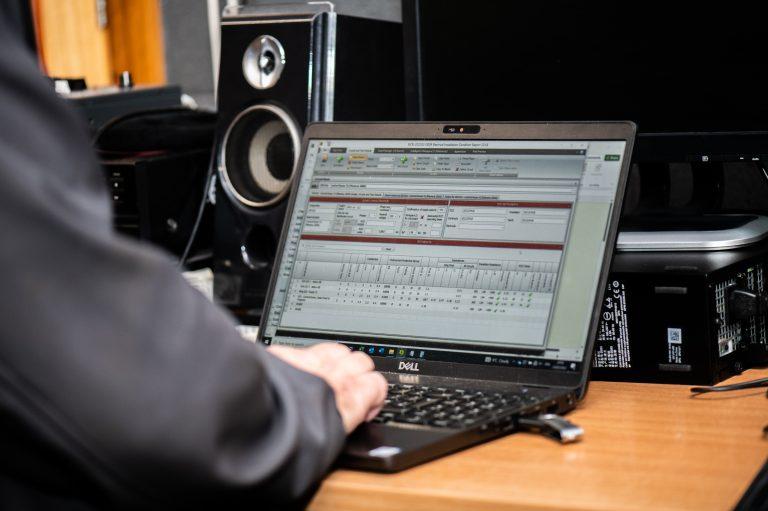While many work environments are considered to be low risk in terms of electrical hazards caused by faults, this does not negate the need to implement a routine of regular checks and maintenance work.
If ignored, the likelihood of an injury caused by electrical faults will significantly increase and could result in costly compensation pay outs. In this article, we will discuss the most common electrical hazards that can be found in the workplace, and how you can avoid injuries caused by electrical faults.
Common electrical hazards
- Poorly installed electrical systems
- Faulty wiring systems/defective equipment
- Incorrectly using electrical parts (e.g., a live cable)
- Overloaded or overheated electrical outlets
- Operating electrical equipment near source of water or with wet hands
- Lack of clear labelling/guidance to members of staff on how to use electrical systems
Injuries from the above list will typically result in electric shocks or burns, however there is still a risk that faults could lead to fatal injuries; therefore, each hazard should be carefully addressed.
How to reduce the risk of faults
To reduce the probability of danger from electrical faults, a risk assessment must be conducted to consider all possible electrical hazards. Specifically, the assessment should focus on the following three questions:
- Who could be harmed from an electrical fault?
- What is the level of risk posed by the electrical equipment being used?
- What precautions are being taken to control the risk?
During the assessment, it is also essential to consider whether the electrical equipment in your workplace is fit for purpose and only being used for its intended purpose. Fuses, circuit-breakers and other devices vulnerable to becoming live in wet surroundings should also be correctly rated for the circuit they protect.
Maintaining your electrical equipment
Neglecting electrical equipment is against the law according to the Electricity at Work Regulations (1989), therefore employers must take responsibility for ensuring their work premises is safe for employees to use. In addition to ensuring employees are aware of any electrical hazards, an employer must use a competent person to conduct regular inspections of electrical installations in the workplace.
At Intersafe, we are electrical compliance specialists, and can develop a bespoke testing schedule for your business to minimise major disruption to operations. Contact us today or request a call back today to find out more about our services or make an enquiry.




